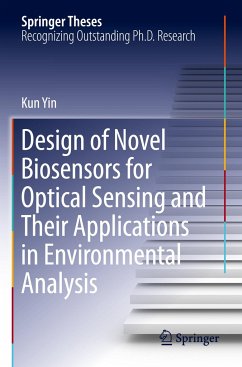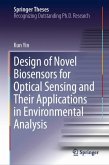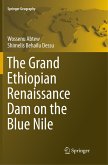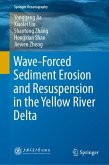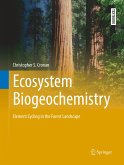This book introduces readers to the development of novel optical biosensors for environmental analysis. Environmental pollution has now become a serious problem, which threatens the health of human beings. Traditional analytical methods have a number of drawbacks, such as the need for professional operators and complicated instruments. After millions of years of evolution, biomolecules can perform various functions with good accuracy and efficiency due to their unique structures, offering a viable alternative to traditional methods.
This work focuses on using new biological sensing strategies, e.g. those based on special biomaterials, bio-reactions or living cells, to establish novel biosensors. As these biosensors offer satisfactory optical response performance, they can be used to transform the recognition behavior of specific targets into optical signals and effectively detect target objects.
This work focuses on using new biological sensing strategies, e.g. those based on special biomaterials, bio-reactions or living cells, to establish novel biosensors. As these biosensors offer satisfactory optical response performance, they can be used to transform the recognition behavior of specific targets into optical signals and effectively detect target objects.

